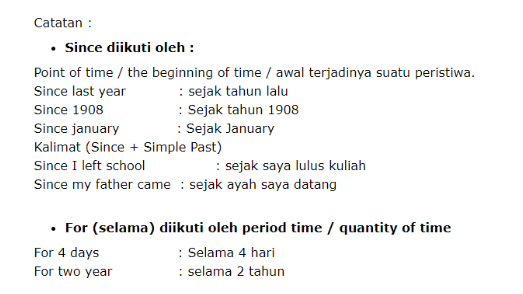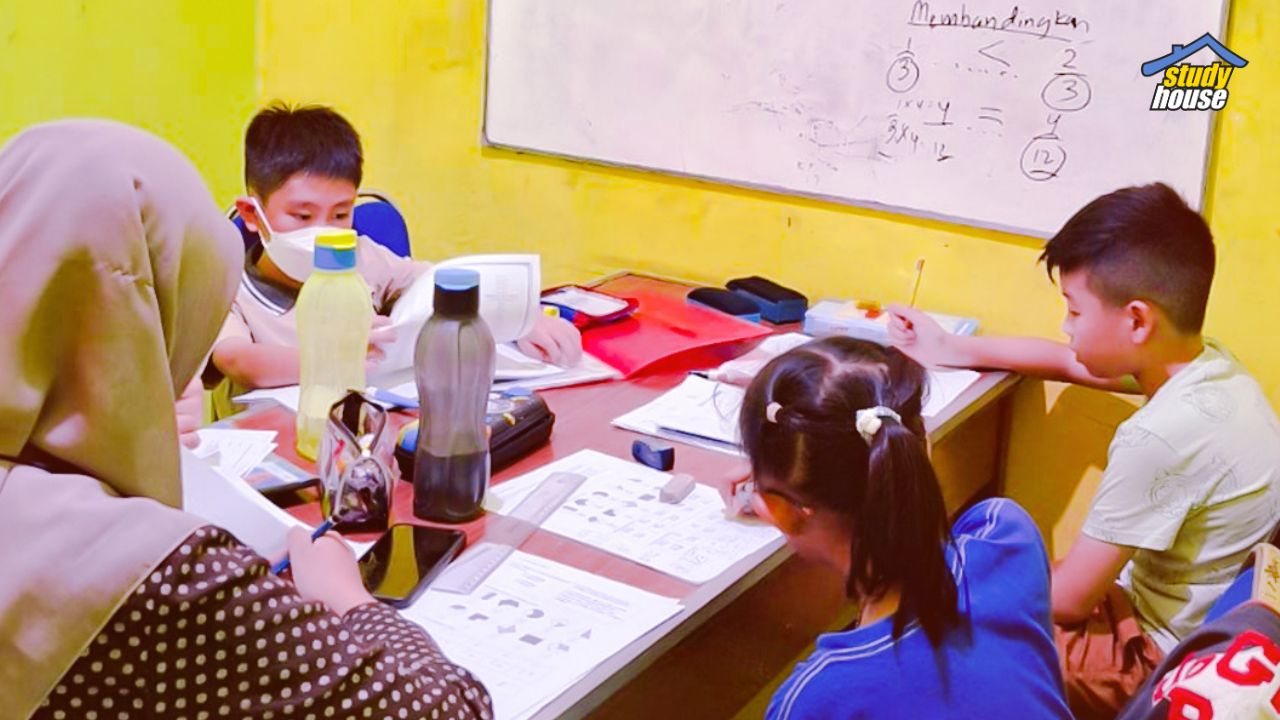Present Perfect, Future, Might – Kelas 5 SD – Note 2
WORK HARD, PLAY HARD!
Vocabulary :
- Challenging hobbies
Grammar :
- Present Perfect Tense
- Simple Future Tense
- Might
REGULAR VERB |
||
|---|---|---|
| VERB 1 | VERB 2 | VERB 3 |
| Live | Lived | Lived |
| Use | Used | Used |
| Play | Played | Played |
| Watch | Watched | Watched |
| Borrow | Borrowed | Borrowed |
| Finish | Finished | Finished |
| Follow | Followed | Followed |
| Work | Worked | Worked |
| Reply | Replied | Replied |
| Start | Started | Started |
| Try | Tried | Tried |
| Practice | Practiced | Practiced |
| Prepare | Prepared | Prepared |
| Move | Moved | Moved |
| Repeat | Repeated | Repeated |
| Copy | Copied | Copied |
| Study | Studied | Studied |
| Decide | Decided | Decided |
| Collect | Collected | Collected |
| Remind | Reminded | Reminded |
IRREGULAR VERB |
||
|---|---|---|
| VERB 1 | VERB 2 | VERB 3 |
| Find | Found | Found |
| Write | Wrote | Wrote |
| Wear | Wore | Worn |
| See | Saw | Seen |
| Have | Had | Had |
| Do | Did | Done |
| Go | Went | Gone |
| Drive | Drove | Driven |
| Ride | Rode | Ridden |
| Buy | Bought | Bought |
| Give | Gave | Given |
| Speak | Spoke | Spoken |
| Pay | Paid | Paid |
| Think | Thought | Thought |
| Teach | Taught | Taught |
| Win | Won | Won |
| Forgive | Forgave | Forgiven |
| Make | Made | Made |
| Know | Knew | Known |
| Hear | Heard | Heard |
A. PRESENT PERFECT TENSE
Present perfect tense adalah suatu pola kalimat dengan perubahan bentuk kata kerja yang digunakan untuk menyatakan/mengungkapkan suatu aksi/peristiwa masa lalu yang masih berlanjut sampai sekarang.
PATTERN:
Subject : I / You / They / We |
|
|---|---|
| POSITIVE SETENCE | Subject + have + Verb3/BEEN |
| NEGATIVE SETENCE | Subject + haven’t + Verb3/BEEN |
| INTERROGATIVE SETENCE | Have + Subject + Verb 3/BEEN? |
Example:
(+) They have lived in Surabaya for eleven years.
(-) They haven’t lived in Surabaya for eleven years.
(?) Have they lived in Surabaya for eleven years?
Yes. they have. / No, they haven’t
Subject : She / He |
|
|---|---|
| POSITIVE SETENCE | Subject + have + Verb3/BEEN |
| NEGATIVE SETENCE | Subject + haven’t + Verb3/BEEN |
| INTERROGATIVE SETENCE | Have + Subject + Verb 3/BEEN? |
Example:
(+) Sherly has lived in Surabaya for eleven years.
(-) Sherly hasn’t lived in Surabaya for eleven years.
(?) Has Sherly lived in Surabaya for eleven years?
Yes. she has. / No, she hasn’t.
QUESTION |
|
|---|---|
| How long have you studied English? |
|
|
|
| How long has Alex studied English? |
|
|
|
Time signal (penanda waktu) Present Perfect Tenses
| Time signal | arti |
|---|---|
| Just | Baru saja |
| Never | Tidak pernah |
| Already | Sudah |
| So far | Sampai saat ini |
| Until Now | |
| Up to present | |
| Ever since | Sejak saat itu |
| All day / all night / all week | Sepanjang hari / Malam / Minggu |
| All my life | Sepanjang hidupku |
| Recently | Baru-baru ini |
| Lately | Akhir-akhir ini |

B. SIMPLE FUTURE TENSE
Simple future tense merupakan bentuk tenses untuk menunjukkan suatu peristiwa yang belum mulai dan baru terjadi di waktu yang akan datang / di masa depan.
Subject : I / You / They / We / She / He |
|
|---|---|
| POSITIVE SETENCE | Subject + is/am/are + going to + verb 1Subject + is/am/are + going to + verb 1 |
| NEGATIVE SETENCE | Subject + isn’t/am not / aren’t + going to + verb 1 |
| INTERROGATION SETENCE | Is/Am/Are + Subject + going to + Verb 1? |
Example:
(+) The students are going to have Speaking Test next September.
(-) The students aren’t going to have Speaking Test next September.
(?) Are the students going to have Speaking Test next September?
Yes, they are. / No, they aren’t.
(+) Melly is going to borrow a magazine tomorrow.
(-) Melly isn’t going to borrow a magazine tomorrow.
(?) Is Melly going to borrow a magazine tomorrow?
Yes, she is. / No, she isn’t.
QUESTION |
|
|---|---|
| What are you going to do? | I’m going to visit my sick friends next
Tuesday. |
| Where is Alex going to go? | He’s going to go to Paris next two months. |
| When are the students to do the test? | They’re going to do it next January. |
| Who is going to get the present? | Ms. Alice is going to get the present. |
C. MIGHT is used to express possibility / when we are not sure about something.
Subject : I / You / They / We / She / He |
|
|---|---|
| POSITIVE SETENCE | Subject + MIGHT + verb 1 |
Example:
1. She might sell her house.
2. They might donate some money for orphans.





